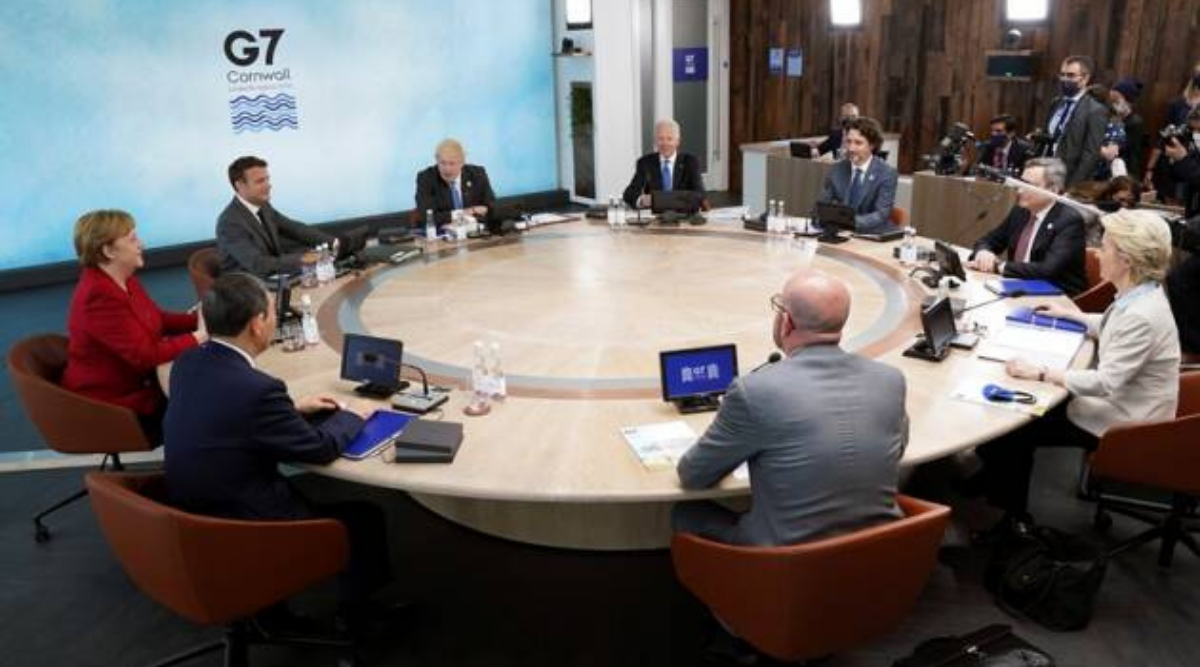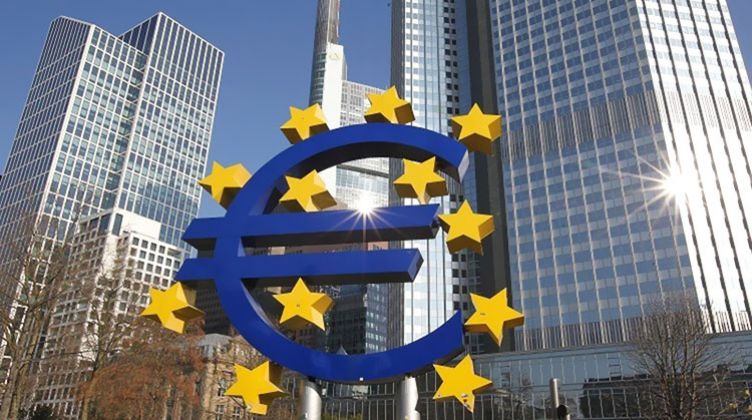ECB SEEN SLOWING PANDEMIC STIMULUS AS ECONOMIC RECOVERY ADVANCES

The European Central Bank will begin to slow its pandemic bond purchases in the fourth quarter and will not end the entire 1.85 trillion-euro ($2.19 trillion) program before it ends next year, according to economists surveyed by Businesshala. Can do.
He said a better economic outlook would allow policymakers to reduce the pace of purchases from 80 billion euros per month in September to around 50 billion euros in March. A decision to end the programme, as currently planned, is expected only at the end of the year.
Jorge Engel, senior economist at Bantallon Bank AG, said: “It would be premature to decide when to discontinue the pandemic emergency purchase programme, but the reduction in monthly purchases is justified – especially since the funding situation has improved. “
The Governing Council holds its policy meeting next Thursday.
The move comes just weeks after Federal Reserve Chairman Jerome Powell said a recovery in the US labor market and inflation outlook could allow the central bank to roll back stimulus this year. Most economists polled do not expect these developments to affect the ECB as investors have already adjusted to the scenario.
The pandemic bond-buying slowdown, as predicted, would reduce the ECB by almost 70 billion euros from fully utilizing the amount allocated for the programme. President Christine Lagarde has stated that the institution does not need to spend all the money as long as borrowing costs remain favourable.
What does Businesshala Economics say
“The easiest option would be for the ECB to continue buying bonds through the PEPP at a ‘quite fast pace’ till the end of the year. The central bank may start thinning in January and after the program ends, in March, the APP will be heavy. can pick up.
-David Powell and Maya Cousin. Read ECB Preview
Respondents expressed concern that supply-chain disruptions – and to some extent inflationary pressures and the threat of new lockdowns – could weigh on the euro area’s economic outlook. Sentiment indicators have recently dropped, with consumer prices rising at an annualized rate of 3%, the fastest in a decade.
Next week, the ECB will present a new set of forecasts, which economists have said will show rapid growth this year and an upward revision for inflation for 2021, 2022 and potentially 2023. Nevertheless, this result is still likely to be very low. central bank target.
Survey respondents predict that interest rates will remain unchanged until at least 2023, in line with the ECB’s new forward guidance. Policymakers promised in July that they would not tighten borrowing costs until inflation consistently reached 2%.
Economists also do not see any change in the rules of the old bond-buying program in the coming months. He expects the size of purchases to double for three months just after the end of the pandemic plan, before slowing to the current 20 billion euros a month in October next year.
According to Nomura’s European economist Chiara Zangarelli, faster bond-buying “will reflect the ECB’s renewed commitment to reaching its inflation target”.
Like some of her colleagues, she also suggested that executives could walk away from monthly amounts under the program and replace them with an envelope that could be used to flexibly respond to market developments.
But this is not the debate anticipated for next week.
“The big fight about bond-buying calibration will be scheduled for December,” said Danske Bank chief strategist Pete Christiansen. “The ECB has time on their side to wait for further data
}
Currency Exchange Rates
| currency | sell | buy |
|---|---|---|
| USD | 524.00 | 527.00 |
| GBP | 705.67 | 710 |
| SAR | 138.00 | 139.00 |
| EUR | 642.06 | 646 |








